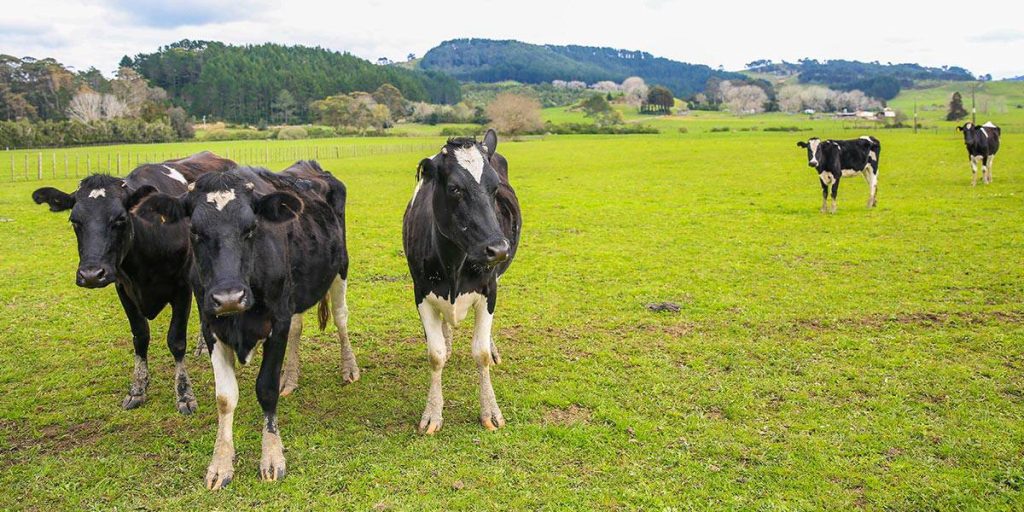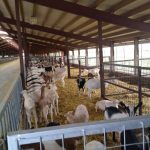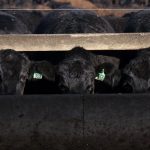
Nestlé welcomes Fonterra’s announcement of plans to reduce its Scope 3 emissions by 30% by 2030, saying the move sends a positive signal to New Zealand’s dairy industry and supports Nestlé’s own ambition to reduce greenhouse gas emissions throughout its value chain.
Nestlé New Zealand CEO Jennifer Chappell said that as a major buyer of New Zealand dairy ingredients, Nestlé continues to work with processors such as Fonterra to support farmers in adopting regenerative agriculture practices that help reduce emissions.
“This move by Fonterra will encourage even greater action by farmers, researchers and policy makers in support of a just transition for the dairy industry, which in turn, will help the industry and dairy farmers make the most of the economic opportunities presented by the shift to lower emissions,” Ms Chappell said.
“Nestlé has sourced dairy from New Zealand for well over a hundred years: we will continue supporting farmers alongside our partners to develop new economic opportunities and reduce their greenhouse gas emissions. We will do this by prioritising our sourcing from farmers engaged in lowering emissions, by providing technical support, and by paying a premium for their products.”
Nestlé released its Science Based Targets initiative-aligned Net Zero Roadmap in 2020, committing the company to reduce its absolute emissions by 20% by 2025 and 50% by 2030 on the way to net zero by 2050, even as the company grows.
“Climate change is one of society’s greatest challenges, and requires all of us to act with urgency. As dairy is our single biggest source of greenhouse gas emissions we must work with dairy farmers and their communities towards our goal while supporting a just transition. For this reason, we have over 100 pilot projects with partners around the world, including in New Zealand,” Ms Chappell said.
Projects underway with Fonterra include:
- Working with farmers to plant a million native plants on marginal land on farms to sequester carbon
- Projects to improve nutrient management, including fertiliser use on-farm, with the aim of reducing on-farm greenhouse gas emissions
- A pilot farm aimed at demonstrating how to develop a profitable net zero emissions approach
- Projects to reduce on-farm greenhouse emissions by accelerating the adoption of good farming practices.
Nestlé is also working with its other New Zealand dairy suppliers on projects to reduce emissions from more farms supplying Nestlé.
Nestlé’s global roadmap identifies on-farm measures such as caring for grassland to store more carbon, cutting methane produced by animals through nutrition changes, improving manure management and using more sustainable feed, in addition to improving farm productivity, as key actions to reduce net emissions.
In addition, Nestlé inaugurated its Nestlé Institute of Agricultural Sciences earlier this year, which aims to translate novel agricultural science into concrete applications and identify the most promising agricultural technologies as the company delivers on its net zero roadmap and supports the transition towards a regenerative food system.






















